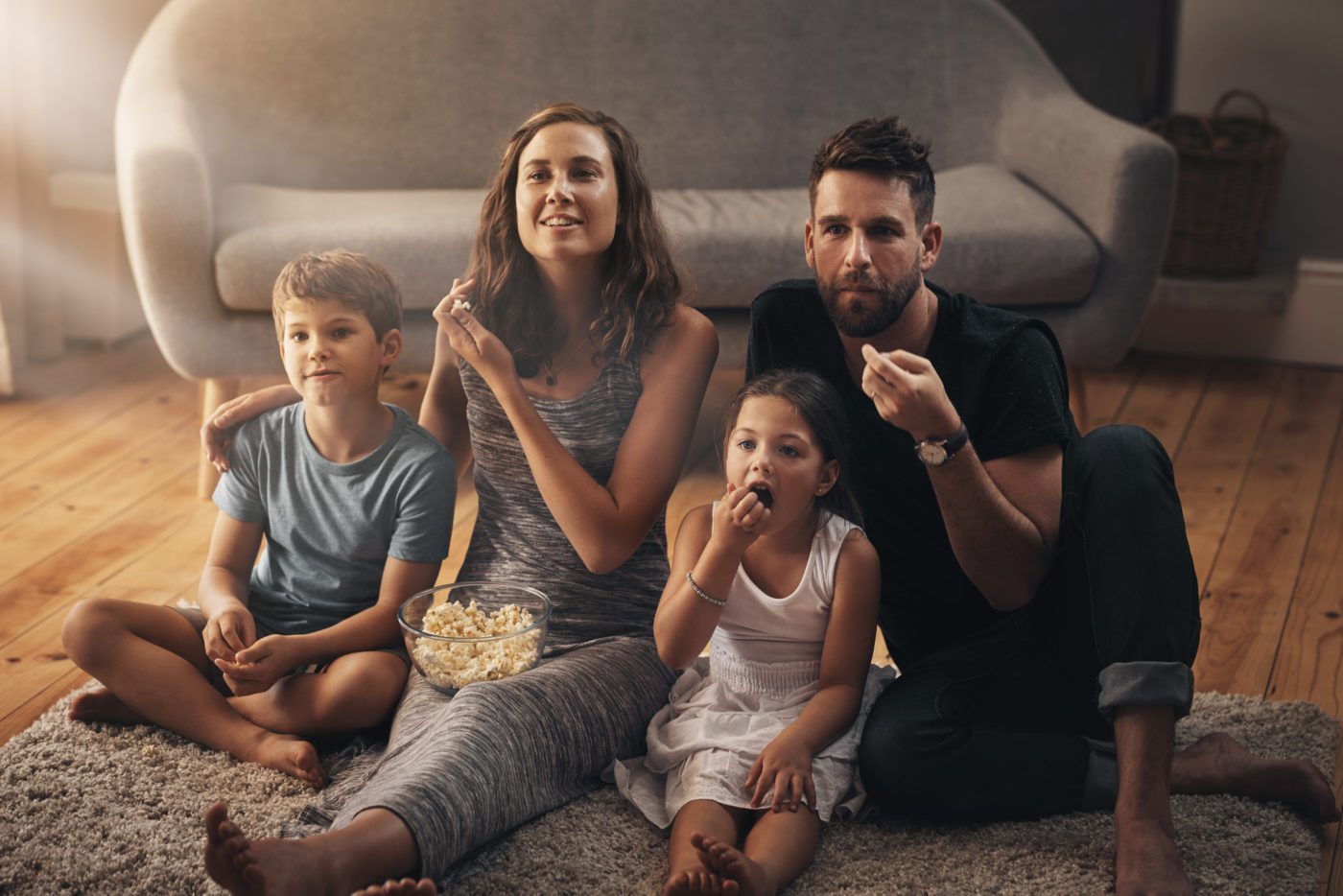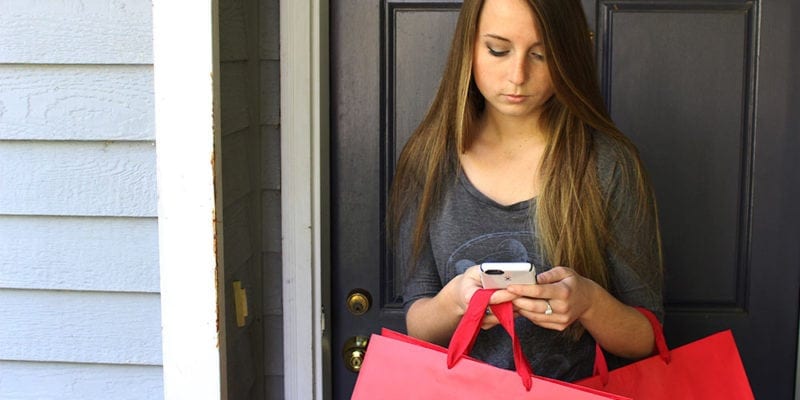It’s movie night at our house. The pepperoni pizza has arrived. The orange comforter is on the floor. Netflix is ready to stream. What to watch? My 5-year-old daughter has me peruse the plethora of curated kids’ movies, sparking no interest. I get through the entire first carousel of content with no luck. Then the second, and the third. She still hasn’t chosen. I suggest eight different movies, but a fear of missing out on a better option fills my daughter with anxiety.
The pizza is getting cold as my nerves begin to wilt. Why does Netflix have so many choices for children? After 30 minutes, we finally settle on a movie—Frozen, which she has already seen a hundred times. Every parent has experienced this: the Netflix Effect, the barraging black hole of choices that never seem to satisfy. Experts call this “choice paralysis,” and it is damaging our children’s ability to make decisions. Can we change that? Yes. Here’s how.
1. Curate the curation.
Pick two films your child can choose from on movie night. Don’t even allow them to see the Netflix carousel. This limits their choices. Explain both of the movies and maybe show them the trailers. When they’ve chosen, watch the film from beginning to end, whether it is high quality or poor quality, and discuss it afterward. Requiring your kids to commit to their decisions helps build the skills to make good choices.
2. Play strategy games.
I bought my daughter a hand-carved chess set right after my wife and I discovered we were pregnant with her. Chess is an excellent game to teach your child the consequences of choices and our influence on future outcomes. Strategy games help children think about how a small decision now will have a substantial impact later. If they are too young for chess, try Battleship. It visually shows how smart decisions can lead you to victory.
3. Talk it out.
As a parent, think through your decisions out loud so your child is privy to your thought process. If you are trying to decide whether to go to the mall first to run an errand or to visit grandma first, say it all aloud. Talk the options out with your spouse so your child can see how decisions are made and why it’s essential to think through them.
Sound off: How do you think choices for children can help our kids?












Huddle up with your kids and ask, “What’s the biggest decision you made today?”